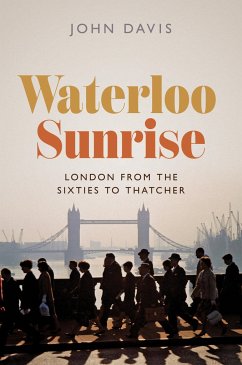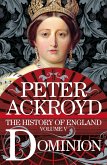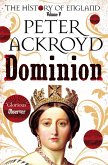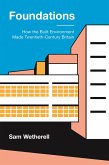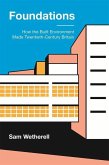"This is an urban history of London during the pivotal years of the 1960s and 1970s, when the metropolis was transformed from an industrial city that the Victorians might have recognised to an embryonic modern 'world city.' Previous work on London in these years has tended to focus upon the 1960s -in particular the 'Swinging London' phenomenon. Mary Quant, Carnaby Street and the King's Road, Chelsea, all appear in these pages, but it is argued that the 'swinging moment' of the mid-sixties was a passing symptom of a much broader transformation from an industrial to a service-based city, and it is that transformation which this book examines. London is too complex and diverse a city to be comprehended in a simple linear narrative; this book adopts instead an innovative approach to urban history, by which London life and London's transformation are examined through a number of case studies looking at specific themes and areas of the city. Consumerism and the 'experience economy', home ownership and gentrification, deindustrialisation and deprivation, racial tension and unemployment, the attrition of public services and the steady loss of confidence in public agencies - national and local - emerge as overarching themes from the individual case studies in this book. Their combined effect, it is argued, was to prepare the ground for the Britain that Margaret Thatcher is usually held to have created after 1979 - without Thatcher herself having anything to do it"--
Hinweis: Dieser Artikel kann nur an eine deutsche Lieferadresse ausgeliefert werden.
Hinweis: Dieser Artikel kann nur an eine deutsche Lieferadresse ausgeliefert werden.

